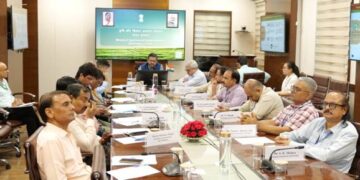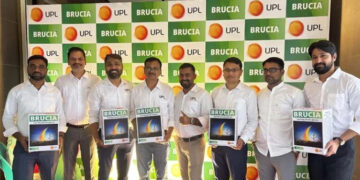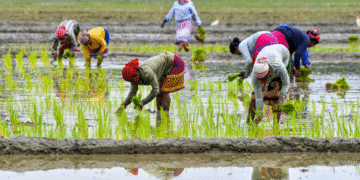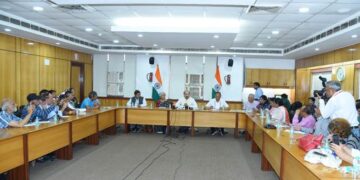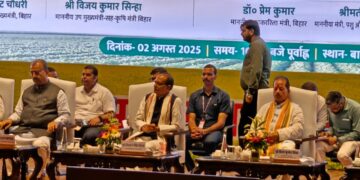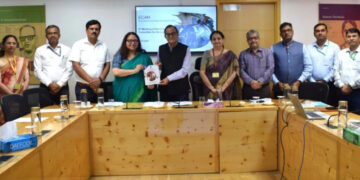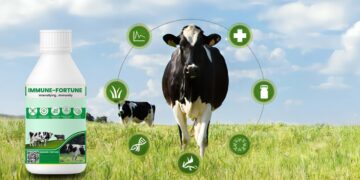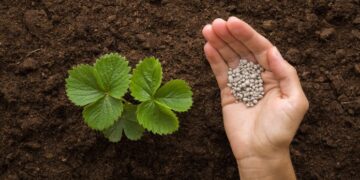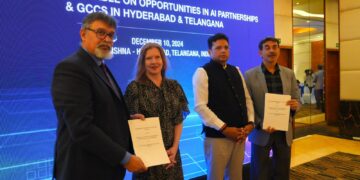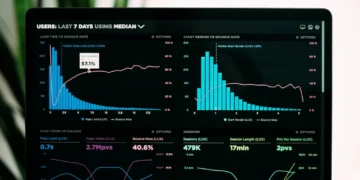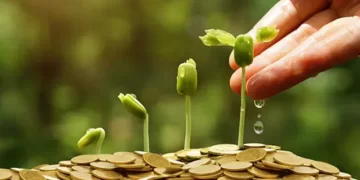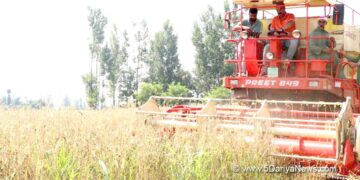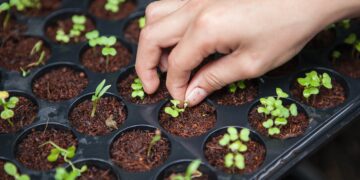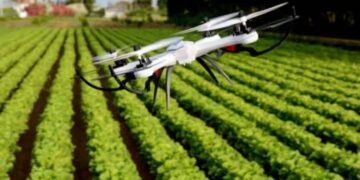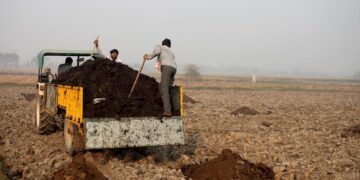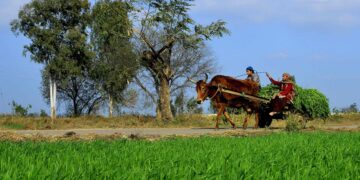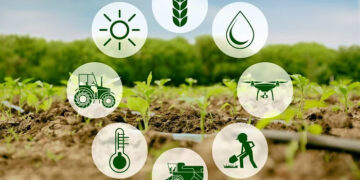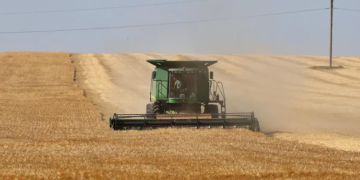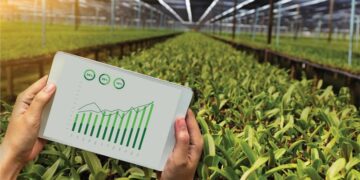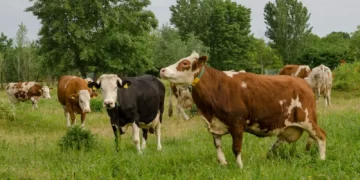Decoding modalities, challenges of transition to organic fertilisers
The decision is part of a broader push to limit subsidies on chemical crop nutrients and balance their use
NEW DELHI The Union Cabinet chaired by Prime Minister Narendra Modi on Wednesday gave the go-ahead for a bouquet of schemes, with a total outlay of Rs.3.70 lakh crore, which aim to boost sustainable farming by promoting alternatives to chemical fertilisers.
It’s part of a broader push to limit subsidies on chemical crop nutrients, balance their use and provide a policy nudge to cut down on conventional fertilisers, which make agriculture a huge emitter of greenhouse gases.
The gains of these policies will largely depend on how easily farmers adopt organic substitutes and whether they can enhance or maintain the same productivity as with chemicals at affordable prices, experts said.
The success of PM-Pranam, the flagship scheme in the push towards natural farming, will squarely depend on the states. It seeks to hand out cash incentives to state governments that can cut their consumption of chemical soil nutrients.
Under PM-Pranam, 50% of fertiliser subsidies saved by a state will be given back to it as a grant, which the state can put to any use, especially investments in producing alternative manure. In other words, if a state saves ₹3,000 crore subsidy on conventional fertilisers, then it will get back ₹1,500 crore as a grant.
“States such as Haryana and Gujarat, which have taken the lead in natural farming, will be the first big gainers,” an official said, declining to be named.
In its schemes announced on Wednesday, the government has provided for investments in infrastructure for ramping up the production of alternatives to crop chemicals.
The Cabinet approved ₹1,451.84 crore for a Market Development Assistance (MDA) scheme for promoting organic fertilisers from Gobardhan plants, which are supposed to produce fertilisers such as fermented organic manures or FOM, liquid FOM, phosphate-rich organic manures or PROM produced as a by-product from biogas plants and compressed biogas.
Organic fertilisers are those that are produced naturally and contain carbon elements without any chemicals. Their primary raw materials are mineral sources, animal waste, waste from the preparation of meat, manure, slurry and plant-based fertilisers and plant composts.
The penetration of organic fertilisers as a proportion overall fertiliser consumption was only 0.29% for 2018-19 and 0.34% for 2019-20. However, strong demand for organic foods should serve the sector for organic fertilisers well with the right policies, according to analyst Saurabh Patil of S&P Ltd.
During 2021-22, there was a significant increase in organic agricultural land in India with 4.73 million hectares of land under organic farming.
“Mineral fertilisers are heavily subsidised, making them the go-to option for farmers in India,” Patil said. “On the other hand, organic fertiliser adoption is low due to the price difference compared to conventional fertilisers and a lack of demand for certified organic products.”
#agriculture #technology #agri-tech #scheme #research #farmers #resources #economy #pollution #startup
